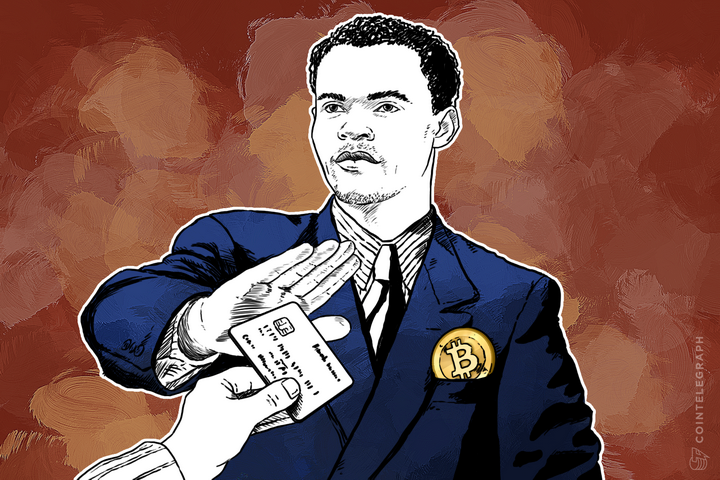If bitcoin acceptance reaches a critical mass where necessities of food, shelter, and clothing can be bought with it, it will likely have reached a tipping point where it displaces national currencies.
In this scenario, many areas of the world would be leapfrogging banking infrastructure and traditional money wire transfers. Most notably this would describe the financial landscape in developing economies such as the nations of Africa.
Bitcoin Leapfrogging Banks
Leapfrogging is described as a theory of economic development, which skips inferior or obsolete technologies in order to move directly to advanced ones. Take, for example, phone coverage in African countries. Landlines and grids for household use were never fully developed because, by the time Africa came into market view, mobile phones were the new paradigm of telecommunications and hence, the entire infrastructure for household landlines was leapfrogged by cellular technology.
Similarly, Bitcoin technology could leapfrog the banking infrastructure of western economies and go directly to a new financial paradigm and serve the needs of the vast number of the unbanked in these regions. All that would be required on behalf of the citizens is a mobile device with internet connectivity.

-- World Unbanked Population (ALBERTO CHAIA, 2010)
Worldwide, approximately 2.5 billion people do not have a formal account at a financial institution. Access to affordable financial services is linked to overcoming poverty, reducing income disparities, and increasing economic growth.
If one third of adults don’t use formal banking systems, can you imagine what a bank account stored in cyberspace will allow them? Bitcoin will benefit Africa more than any other area in the world once it is properly accessible and accepted. In doing so, it would have a considerable effect on pulling struggling African economies out of the dark and into the developed and modernized world.
“The combination of ubiquitous Internet-connected mobile devices and digital currency presents a tremendous opportunity to radically expand access to financial services on a worldwide basis.”
- Jeremy Allaire, Circle Internet Financial, 2013 US hearing on digital currencies
Mobile Payments
The potential to provide financial services worldwide is echoed by the adoption of mobile payment technologies such as M-Pesa, a mobile-phone based money transfer and microfinancing service for Safaricom and Vodacom.
M-Pesa is estimated to have a near 70% market share in regions such as Kenya and are becoming more accepted in surrounding countries.

-- Mobile Payments Africa (WORLD BANK, 2012)
Admittedly, there remain many social barriers needed to bridge the unbanked to the rest of the financial world. Bitcoin does not help the illiterate learn to read instructions, nor does it guarantee someone with a mobile phone will want to do banking through it. Traditional customs of African countries also show that their citizens more often rely on societal traditions of borrowing money from friends and family rather than a third party.
Currency Mismanagement
Beyond just mobile payments and access to banking infrastructure, several African economies are the product of mismanaged currency policy. Zimbabwe’s legacy of collapsed currency, with inflation reaching a nauseating 231,000,000% in mid-2008, is a prime example of such disastrous government intervention.
Because of the devastating effects of hyperinflation, Zimbabwe has since adopted the US dollar as the main currency, a position it still holds today. The hyperinflation that crippled Zimbabwe was largely caused by currency being too liberally printed, a swollen stock of money chasing a diminished supply of goods. The economy since has been recovering albeit only slowly making ground.
With a young population set to explode in the coming decades, Africa is in prime position to benefit from a financial network built around Bitcoin. Since the money supply of bitcoin is hard capped, and money printing is impossible, currency manipulation becomes much less of a concern. Governments in Africa will have fewer options of instituting thoughtless policies once bitcoin is adopted by the populous.
Bitcoin may not be the definitive answer for the masses that remain unbanked, but it is at least a step in the right direction. The hotspots for adoption will be most apparent in geographies, which have a very unreliable currency and financial infrastructure to back it. Therefore, it is reasonable to assume that out of all the nations of earth, African countries will stand to benefit the most from financial technology such as Bitcoin.
Did you enjoy this article? You may also be interested in reading these ones:


